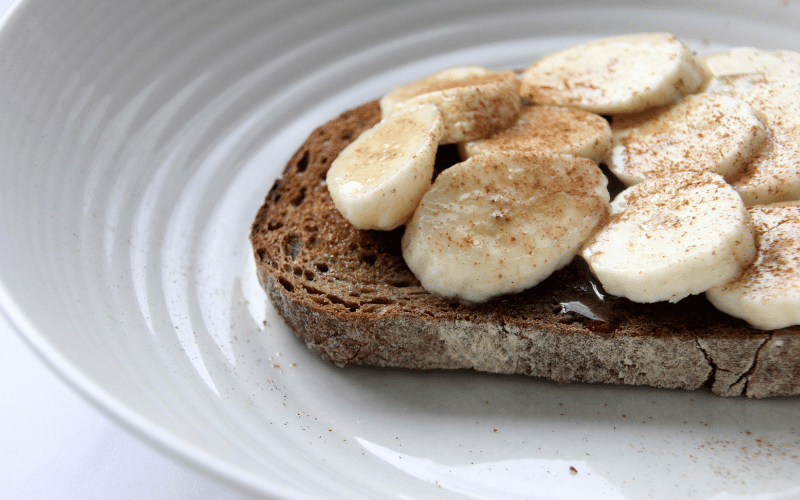7. Dietary Impact: When Food Becomes Foe

We often take the pleasure of eating for granted, but gastroenteritis can quickly turn the tables, making every bite a calculated risk. The most fascinating part? Your daily staples—milk, coffee, fatty foods—can suddenly become your enemies. You see, certain foods exacerbate symptoms, inflaming your already fragile gut lining and intensifying the diarrhea.
So what’s happening on a molecular level? Foods high in fats and sugars require a complex digestive process. When your gut is already in turmoil, the enzymes and digestive juices that typically break down these foods are in short supply. As a result, you could worsen your condition by consuming these complex food items.
But let’s not solely focus on the negatives. Some foods play the role of knights in shining armor. BRAT—bananas, rice, applesauce, and toast—is a simple yet effective dietary regimen recommended during recovery. These foods are easy on your digestive system, providing nutrients without causing additional stress on your gut.
Interestingly, what you drink matters as much as what you eat. Caffeine and alcohol are diuretics, meaning they can exacerbate dehydration. On the other hand, oral rehydration solutions, containing the right mix of salts and sugars, can speed up your recovery by replenishing lost fluids and electrolytes.
In the end, understanding the dietary impacts of gastroenteritis could mean the difference between a speedy recovery and prolonged agony. Food, the very source of our daily energy, becomes a critical element in the management of this gut-wrenching condition. (7)